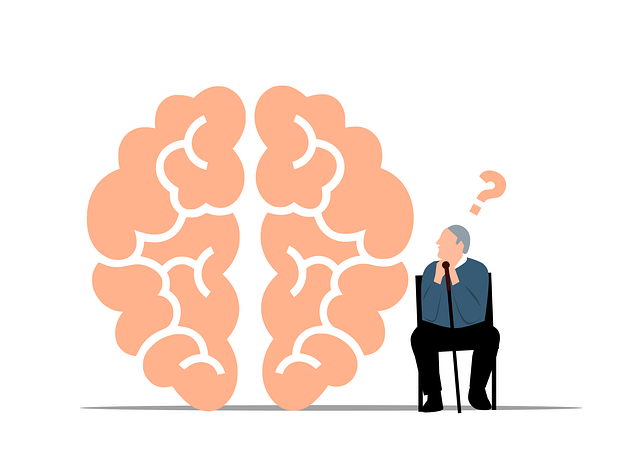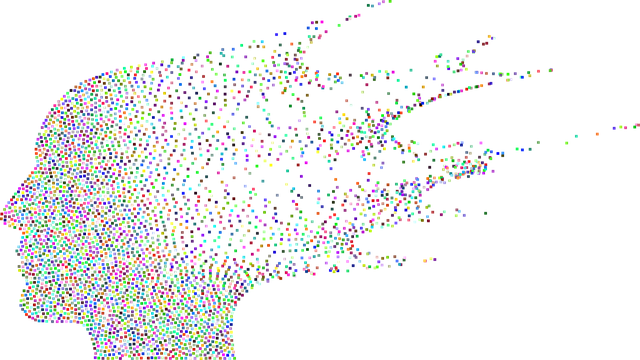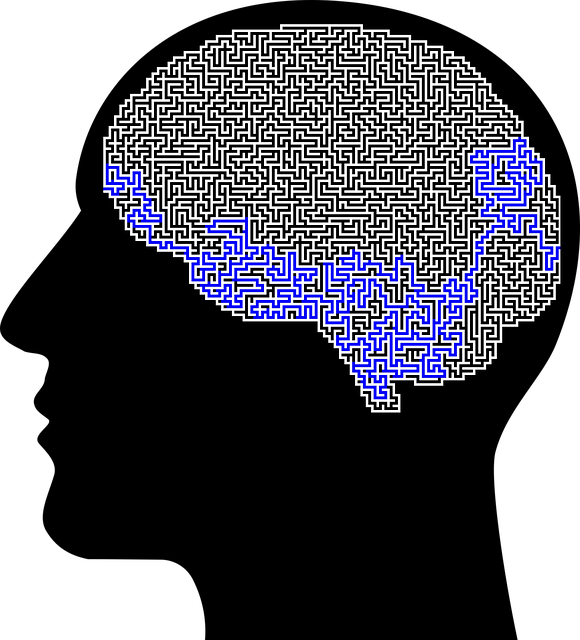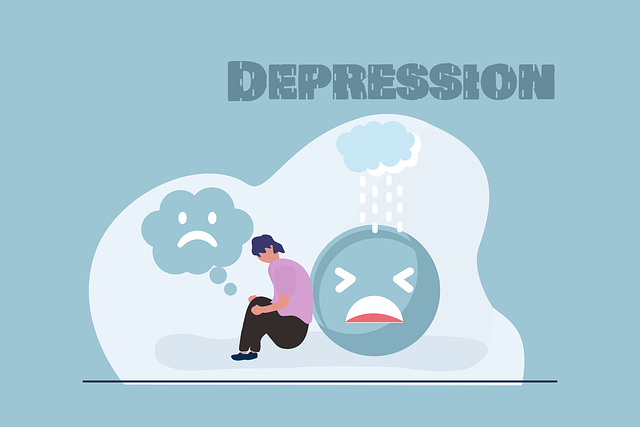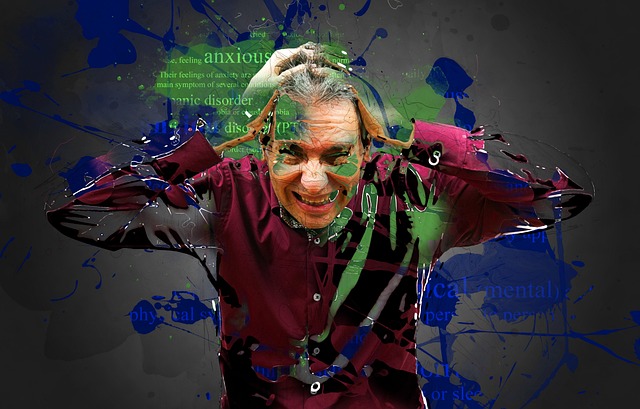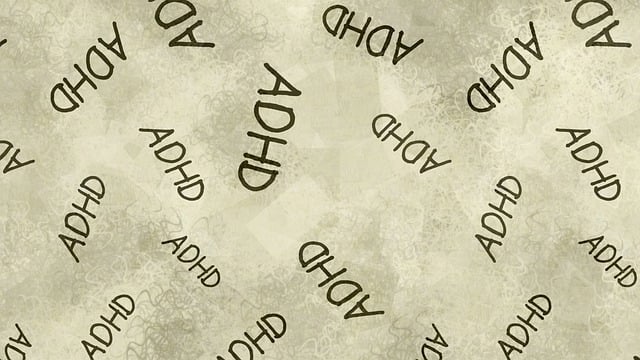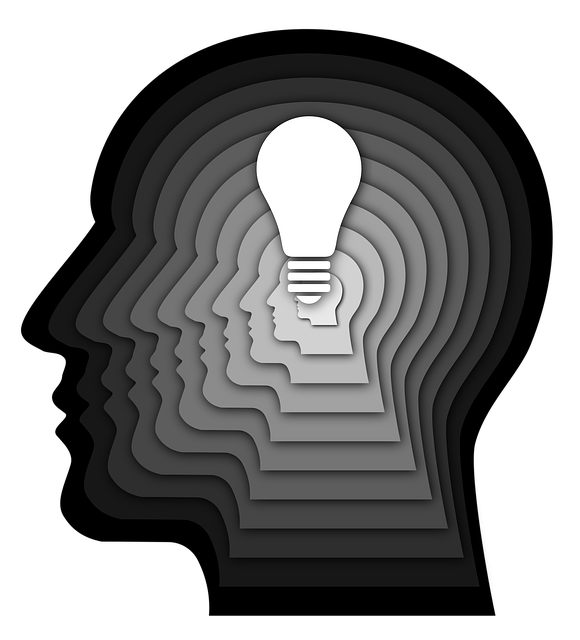Mental health evaluations for young adults using RFM (Risk, Functioning, Motivation) principles, rooted in Mind Over Matter and resilience-focused mindfulness (RFM), offer a transformative approach. This holistic method assesses risk factors, current functioning, and motivation to tailor resilience building strategies. By integrating these practices into therapy, professionals empower young adults to overcome adversity, enhance emotional regulation, and lead fulfilling lives, addressing unique stressors of adolescence and early adulthood. Case studies demonstrate its effectiveness in improving quality of life for those facing anxiety or PTSD. Online resources and tools support the implementation of RFM techniques for comprehensive therapy for young adults mental health evaluations.
“Unleashing resilience is a powerful tool in the realm of mental health care, especially for young adults. This article explores the innovative approach of RFM (Resilience-Focused Mindfulness), a game-changer in therapy for this demographic. We delve into its role in mental health evaluations and how it significantly reduces stress and anxiety. Through practical strategies, we demonstrate how therapists can incorporate RFM into their practices. Additionally, case studies showcase its success in real-world scenarios, offering valuable insights for implementing these exercises in both clinical settings and daily lives.”
- Understanding RFM and Its Role in Mental Health Evaluations for Young Adults
- The Impact of Resilience Building Exercises on Stress and Anxiety Reduction
- Incorporating RFM into Therapy: Strategies and Techniques
- Case Studies: Success Stories of RFM in Practicing Mental Health Care
- Tools and Resources for Implementing RFM in Daily Life and Clinical Settings
Understanding RFM and Its Role in Mental Health Evaluations for Young Adults

For young adults navigating life’s challenges, understanding RFM (Risk, Functioning, and Motivation) is pivotal in mental health evaluations. This framework goes beyond traditional diagnostic criteria by assessing an individual’s risk factors, current functioning levels, and inherent motivation for change. By employing resilience building strategies tailored to these dimensions, therapists can deliver more effective therapy for young adults.
For instance, empathy-building strategies target risk factors like past traumas or social isolation, enhancing emotional regulation skills. This proactive approach ensures that young adults don’t just manage symptoms but thrive despite adversity. Such evaluations and interventions foster a holistic understanding of mental health, empowering individuals to build resilience and lead more fulfilling lives.
The Impact of Resilience Building Exercises on Stress and Anxiety Reduction

Resilience building exercises have emerged as powerful tools for stress and anxiety reduction, especially among young adults navigating the complexities of modern life. These therapeutic practices, grounded in the Mind Over Matter principles, offer a holistic approach to mental health evaluations by addressing the root causes of distress rather than merely managing symptoms. Through regular engagement in activities like mindfulness meditation, individuals can cultivate a sense of inner calm and emotional agility, making them better equipped to handle challenging situations.
The integration of resilience exercises into therapy for young adults is supported by extensive research in Mental Health Policy Analysis and Advocacy. Studies show that these interventions not only reduce anxiety but also foster adaptability and mental well-being. Mindfulness meditation, a cornerstone of many resilience building programs, has been particularly effective in promoting relaxation, improving focus, and enhancing overall psychological resilience. By incorporating such practices into their routines, young adults can better cope with academic pressures, interpersonal relationships, and the myriad of stressors that often accompany adolescence and early adulthood.
Incorporating RFM into Therapy: Strategies and Techniques

Incorporating RFM (Resilience, Flexibility, and Mastery) into therapy sessions offers a powerful approach for enhancing mental health evaluations among young adults. This method leverages specific techniques to promote emotional regulation and emotional well-being promotion techniques, making it a valuable tool in the arsenal of therapists supporting this demographic. By integrating RFM, therapy becomes more dynamic and tailored to individual needs, thereby fostering effective stress management workshops organization within the therapeutic setting.
For instance, resilience-building exercises involve guiding clients through challenging scenarios, encouraging them to identify personal strengths and coping strategies. Flexibility is cultivated by presenting alternative viewpoints, helping young adults adapt to change and uncertainty. Mastery skills are enhanced through goal-setting and gradual task achievement, empowering individuals to take control of their emotional responses and mental health journey. This holistic approach ensures that therapy not only addresses symptoms but also equips young adults with long-lasting strategies for navigating life’s challenges.
Case Studies: Success Stories of RFM in Practicing Mental Health Care

In the realm of mental health care, RFM (Resilience-focused Mindfulness) has emerged as a powerful tool, especially in treating young adults. Countless case studies highlight its effectiveness, showcasing successful transformations and improved quality of life for individuals grappling with various challenges, from anxiety to post-traumatic stress disorder (PTSD). These success stories often feature tailored therapy sessions that integrate mindfulness techniques into the fabric of traditional psychological treatments.
One such inspiring example involves a young adult who struggled with severe depression, as evidenced by their mental health evaluations. Through RFM exercises and a supportive environment, they learned to cultivate mindfulness, enhance self-awareness, and develop coping strategies. Over time, this individual experienced significant improvements in mood regulation, leading to better overall mental wellness. Similar success stories are shared in the popular Mental Wellness Podcast Series Production, further underscoring the potential of RFM as an innovative approach in mental health evaluations and prevention initiatives, like Depression Prevention programs.
Tools and Resources for Implementing RFM in Daily Life and Clinical Settings

Implementing RFM (Resilience, Flexibility, and Mastery) in daily life and clinical settings requires a variety of tools and resources. For young adults seeking therapy or undergoing mental health evaluations, these practices can be transformative. Therapists can incorporate compassion cultivation practices to foster empathy and understanding, enhancing emotional intelligence and overall well-being. Self-care practices, such as mindfulness exercises and stress management techniques, are integral components of RFM, enabling individuals to navigate life’s challenges with greater resilience.
Online platforms offer a wealth of resources for both personal growth and professional development. Mobile apps designed for emotional intelligence training provide users with interactive tools to track their progress and cultivate healthier coping mechanisms. Additionally, accessible literature, workshops, and support groups cater to diverse learning styles, making RFM techniques more inclusive and effective. These comprehensive resources empower young adults to build mental fortitude, ensuring they have the tools needed to thrive in both personal and professional contexts.
Resilience, as measured through RFM (Resourceful Feedback Mechanism), is a powerful tool in enhancing therapy for young adults undergoing mental health evaluations. By integrating resilience-building exercises into treatment plans, professionals can significantly reduce stress and anxiety levels, fostering a more robust coping mechanism. This article has explored the strategic incorporation of RFM into therapeutic practices, illustrated through compelling case studies, and provided accessible resources to implement these techniques in daily life and clinical settings, ultimately aiming to support the mental well-being of young adults.
